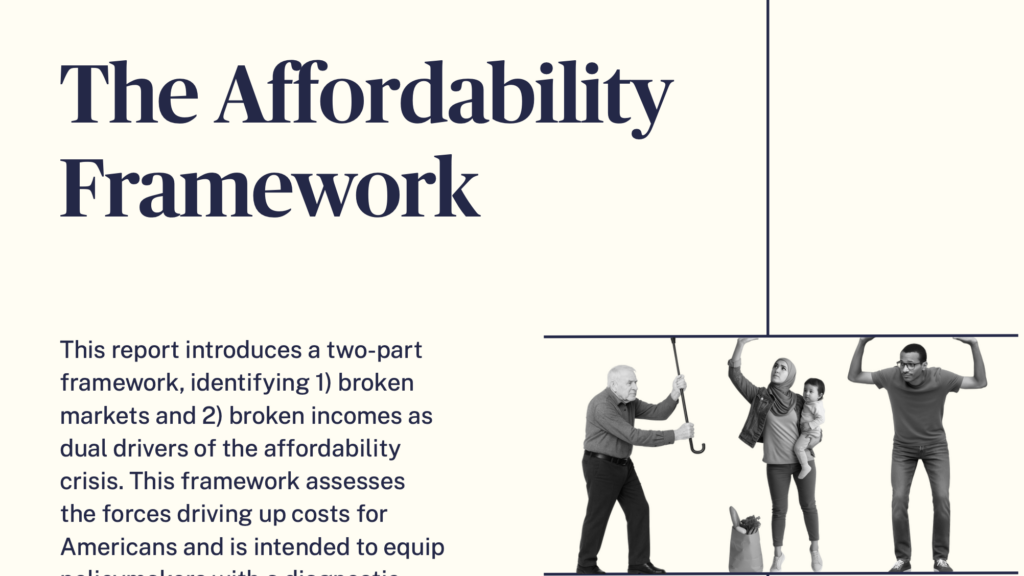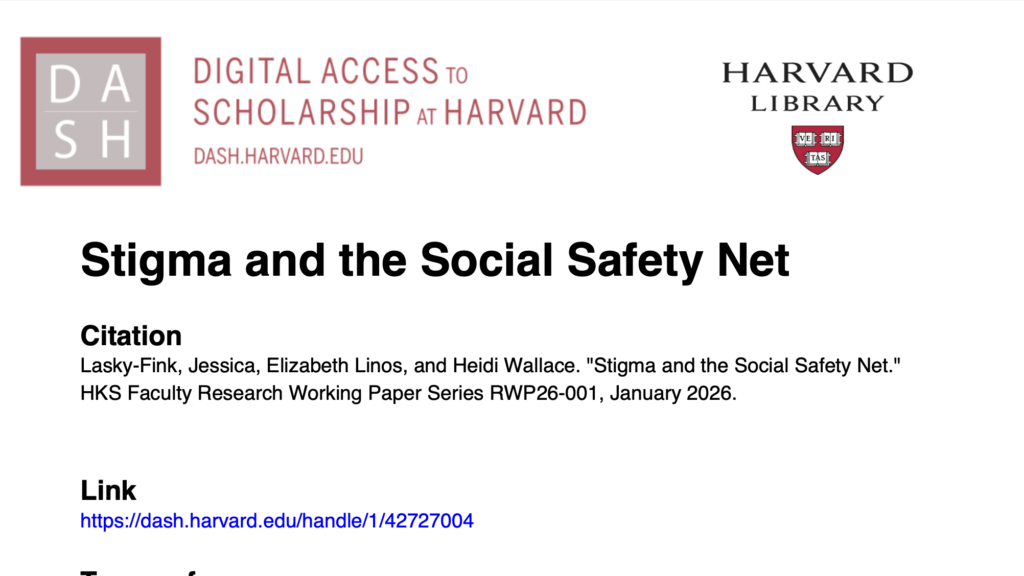Community Navigators Can Increase Access to Unemployment Benefits and New Jobs While Building Worker Power
Evidence from the Maine Peer Workforce Navigator program shows that workers and government can benefit from well-designed community partnerships.

This article highlights the challenges faced by marginalized groups in accessing Unemployment Insurance (UI) benefits. Despite UI’s role in supporting workers and the economy, many eligible workers don’t receive assistance. To address this, community-based organizations have helped guide workers through the application process.
The U.S. Department of Labor launched a pilot “navigator” program in 2022, with Maine’s Peer Workforce Navigator (PWN) program serving as a key example. The program, which helps workers access UI benefits and job training, showed positive results. Participants were more likely to apply for and receive benefits, find jobs, and engage in collective workplace action compared to non-participants.
While successful, the program still faces challenges within the UI system. Recommendations include increased funding, improved UI system design, and expanded navigator programs to better serve workers. The Maine model should be considered for expansion to other states to improve access to benefits and job opportunities.
Share this Resource:


